After 12 years of taking shots at the highest office in the country, President Muhammadu Buhari finally took over the reins of government exactly one month ago. The president rode to power on goodwill. Frustrated by endemic corruption, infrastructural decay, insecurity and unemployment in the country, Nigerians perceived Buhari as the messiah who would solve their problems.
On his part, Buhari promised not to disappoint and to give Nigerians a country they can all be proud of. Considering the fact that every day in the life of any government counts and having spent his first month in office, can it be said that Buhari has been able to match his words with action?
SNAIL’S-PACE GOVERNANCE
At the twilight of the administration of former president, Goodluck Jonathan, the sharp decline in global oil prices had a colossal effect on the economy. Things got so bad that the central bank of Nigeria (CBN) had to devalue the naira to prevent inflation.
Advertisement
The situation worsened with the backlog of unpaid salaries by both federal and state governments. In fact, the economy was almost grounded to a halt in the last week of Jonathan. Telcos, banks, media outfits and other institutions threatened to shut down as a result of acute fuel scarcity, which the then president attributed to sabotage.
For these reasons, many expected Buhari to hit the ground running. But up till now, the president is yet to unveil the policy direction of his government and also form a cabinet. As expected, Nigerians are worried. The president, though, sees things differently.
“I don’t know why people are so anxious for the ministers,” Buhari told Arise TV, blaming the delay on Jonathan’s administration.
Advertisement
“The main reason is that I had a transition committee, which I agreed with former President Goodluck Jonathan that the ministers of the outgone government should handover their notes and documents to this transition committee so that we could be prepared. Unfortunately, the outgone government did not cooperate, so what the committee did was to divide itself into about five sub-committees, and I (only) got the report, I think, three days ago. I was waiting for that report because I would like to know what positions there are in the government, especially in terms of the finance and petroleum portfolios.”
But Seun Onigbinde, an economic expert and publisher of BudgIT, an online platform that focuses on the economy, believes that the president has had enough time.
“The transition committee report has been submitted since June 12, 2015 and if President Buhari had selected special advisers, they would have critically reviewed the document and started aligning his promises with the economic realities,” he said.
“We should remember how the markets heralded his entrance when he won the polls, with the naira momentarily strengthening against the dollar and the indices of the stock market going surprisingly positive. However, the honeymoon is over, with the naira weakening at the parallel markets and inflation also inching up currently at 9%. We are yet to see a direction and this is the sixth month of the year.”
Advertisement
Femi Adesina, special adviser to the president on media and publicity, does not agree that non appointment of aides is having a negative effect on the economy.
In a chat with TheCable, the presidential spokesman said the current situation has its own advantage.
“There is no vacuum because the permanent secretaries are running the ministries,” he said. “It is even an opportunity for them to straighten some things before the arrival of politicians.”
Advertisement
When asked if there is a certain period that Nigerians should look forward for a turnaround, he said: “It is at the prerogative of the president. Is there a minimum time? Obasanjo constituted his cabinet in July. Yar’Adua constituted his cabinet in July. It was only Jonathan who met an existing government in place that had a cabinet in a matter of days.”
CHEERY ECONOMIC PROSPECTS?
Advertisement
Nduka Odikpo, a businessman, is optimistic about the current government.
“In less than a month, our refineries that have gone comatose for long are coming back alive. I never believed that NNPC (Nigerian National Petroleum Corporation) could assure us that the nation’s four refineries would start functioning at optimal capacity from next month,” he said.
Advertisement
“Everyone is now sitting up. Imagine the CBN banning the importation of rice, cement, textiles, tomato paste from the forex market. Do you know how much value that this decision would add to the economy?
“It will help local businesses to thrive. Imagine Nigerians importing toothpicks in the past. The question is, why did all these agencies wait until now? All these are signs of good things to come.”
Advertisement
BOKO HARAM BOUNCING BACK?
Security was one of the cardinal points that the APC anchored its campaign on. The president promised to tackle insurgency head-on if elected and the first major decision he took upon assumption of office was to direct the relocation of the military command centre to Maiduguri, capital of Borno state.
Although the decision was well-received by Nigerians, it appears that the insurgents, who were pushed to the fringes by the previous administration, are surging again with over 220 lives lost in the last one month. The sect may not have returned to its old practice of seizing territories, but its suicide bombings have been making the headlines.
The president has travelled to Chad, Niger and is billed to visit Cameroon next month. In all his trips, including the one to the African Union summit in South Africa, security has been the lead item of discussion. Buhari even made a case for establishing of the headquarters of the Multinational Joint Taskforce (MNJTF) in Nigeria and he released the sum of $21 million for the installation of equipment at the centre.
The United States has also boosted the fight against terrorism with a donation of $5 million and pledged to assist in other areas.
In the last one month, the president has met with the service chiefs at least three times, all in the bid to tackle insurgency.
INTERNATIONAL SUPPORT
More than 50 world leaders, including presidents and top government officials, attended Buhari’s inauguration, while the Nigerian president was himself among the few African leaders who attended the recent G7 meeting in Germany.
Next month, Buhari will honour the invitation of President Barrack Obama to the White House. The United Nations is also expecting him to be among the world leaders who would partake in its 70th anniversary.
Two weeks ago, Time Magazine, a notable American publication, referred to Nigeria “as one of the very few things that is currently positive in a depressing world”.
The United Kingdom and India are also said to be planning to host Buhari. The president also enjoys goodwill on the continent. But will all these amount to tangible benefits that the people can feel?
ASSETS DECLARATION CONTROVERSY
In a document on his plan of action within the first 100 days of assumption of office as president, Buhari had promised to make his assets declaration public and influence his appointees to do the same but he and Yemi Osinbajo, his deputy, have failed to do so. They may have made details of their assets available to the Code of Conduct Bureau, but this is not what Buhari promised Nigerians and this has been one of the talking points of the president’s reign so far.
ONE PRESIDENT, TWO MEDIA ADVISERS
Buhari has picked longtime ally and president of the Nigerian Guild of Editors (NGE), Femi Adesina; but so has he Garba Shehu. Buhari accused past governments of wasting the resources of the government and of also having too many aides. Nigerians were impressed by pictures of their president aboard the economy class of British Airways on his return trip from the United Kingdom in the week preceding his inauguration.
At last, they thought, Nigeria now had a leader who would be considerate, but Buhari’s first set of appointments has undoubtedly done a lot of damage to that reputation.
Garba Shehu and Femi Adesina were announced as his spokesmen – special assistant on media and publicity, and special adviser on the same subject, respectively. Even Jonathan, whose administration is widely regarded as wasteful, did not have two people in that office when he became president.
FIGHT AGAINST CORRUPTION
Buhari’s unique selling point has been his stance on corruption. This was one of the factors that was used in crumbling the walls of the PDP.
At one of his campaign rallies, the president said: “If we don’t kill corruption, corruption will kill Nigeria”. And what better way to start than re-positioning an NNPC that is perhaps the most corrupt government agency!
The president dissolved the corporation’s board of directors on Friday. TheCable understands that the decision is a first in a series of steps to clean up the oil sector.
He has also vowed to devote the next three months for recovering billions of dollars, which past governments allegedly looted from the country’s coffers. However, after one month in the saddle, the wait is still on for Buhari’s first major anti-corruption statement.
2 comments

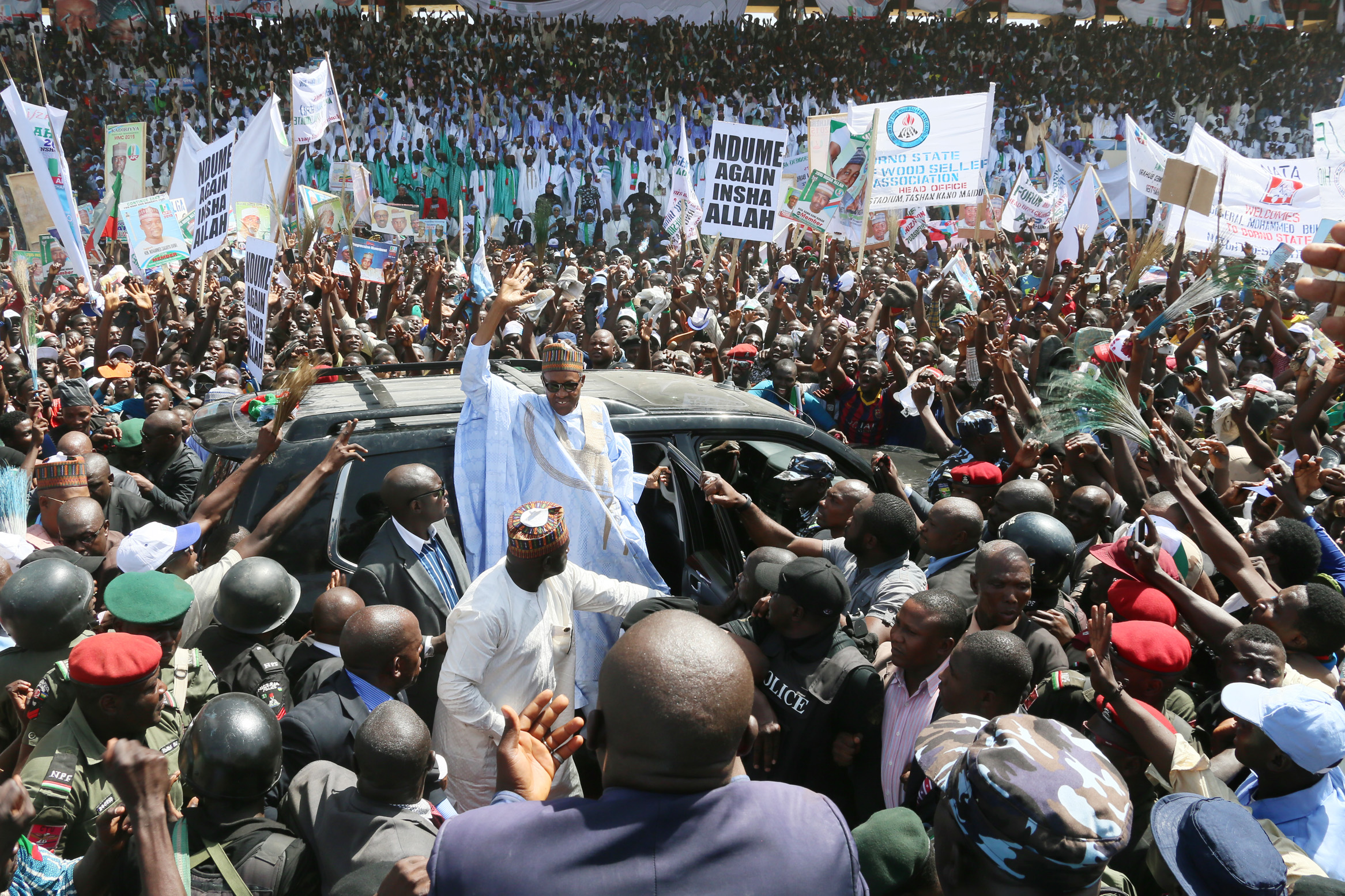
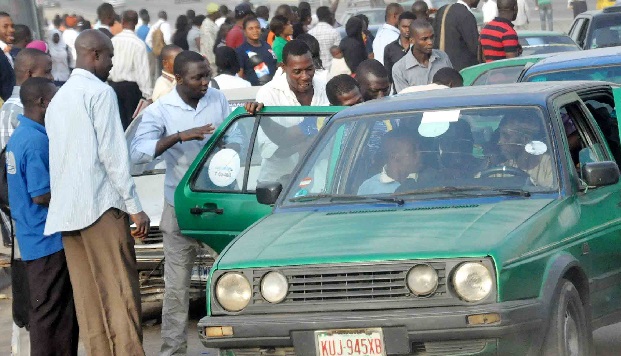
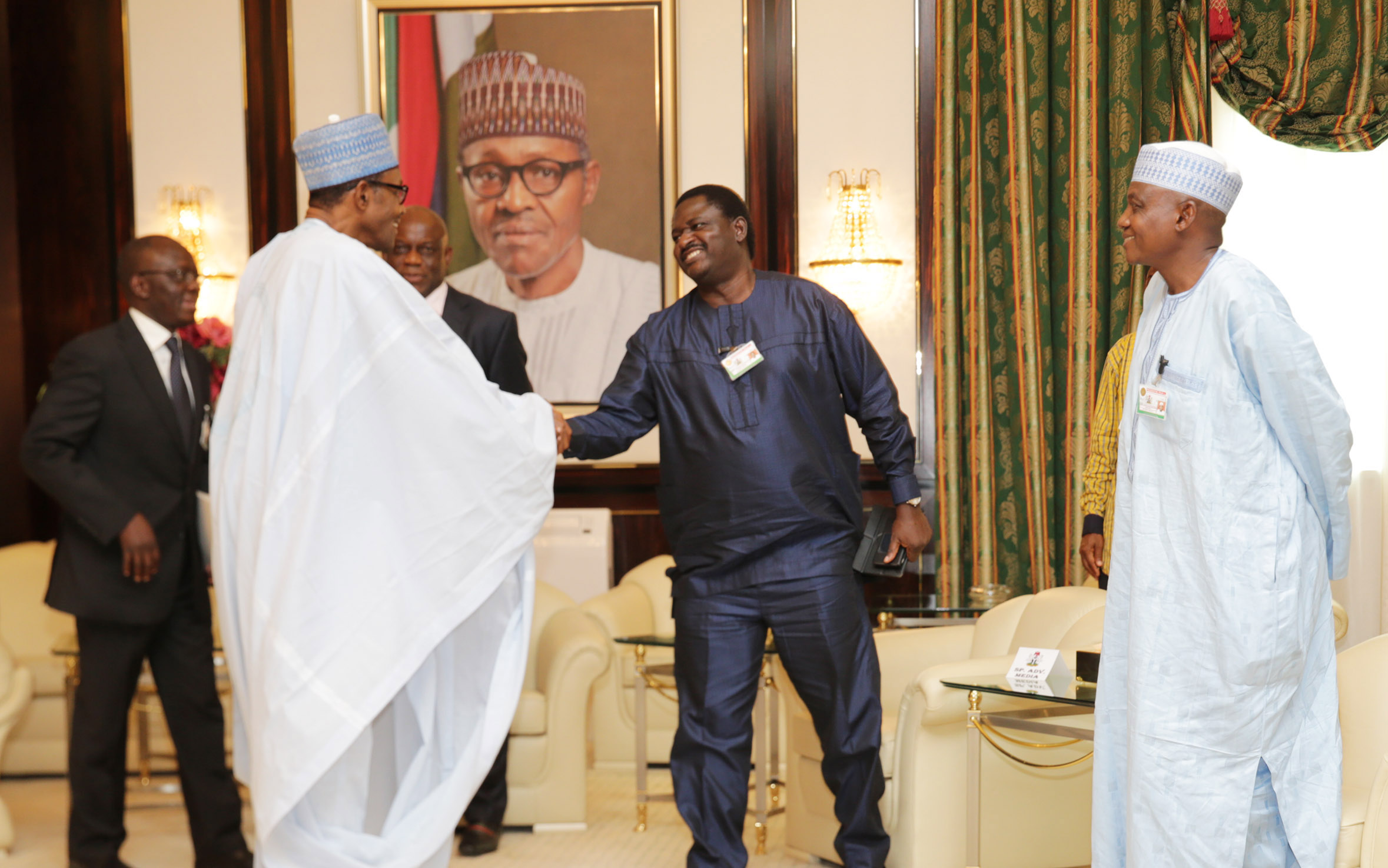

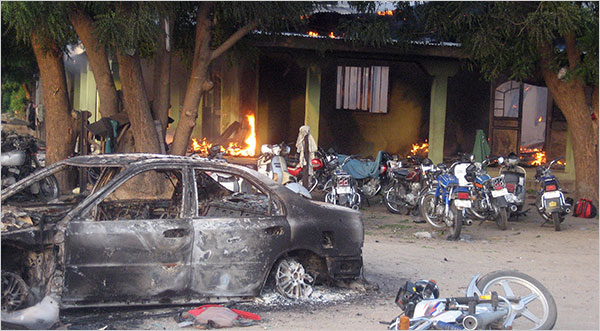
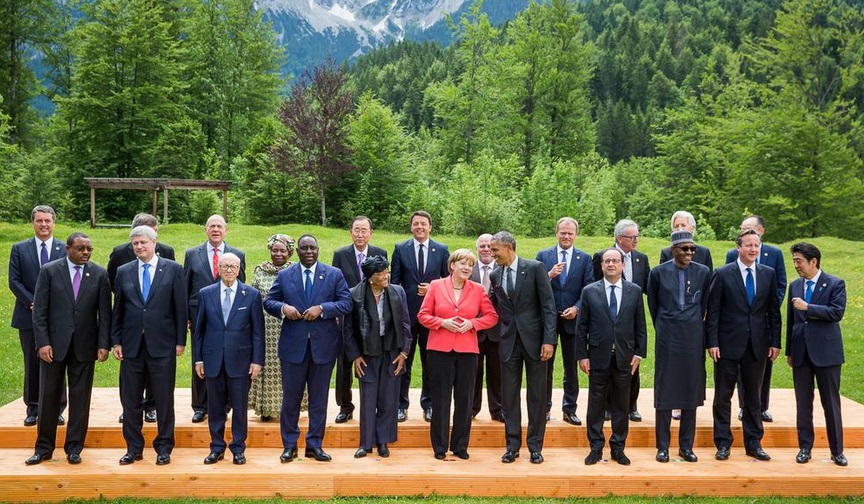
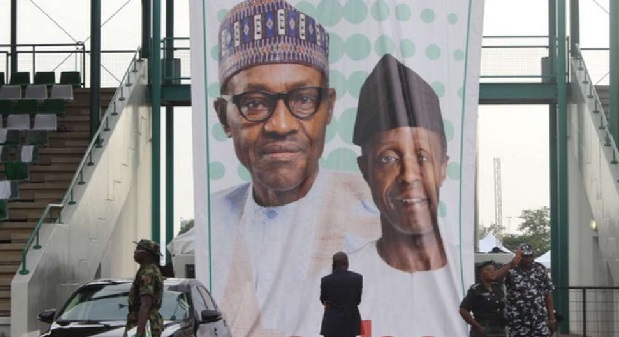
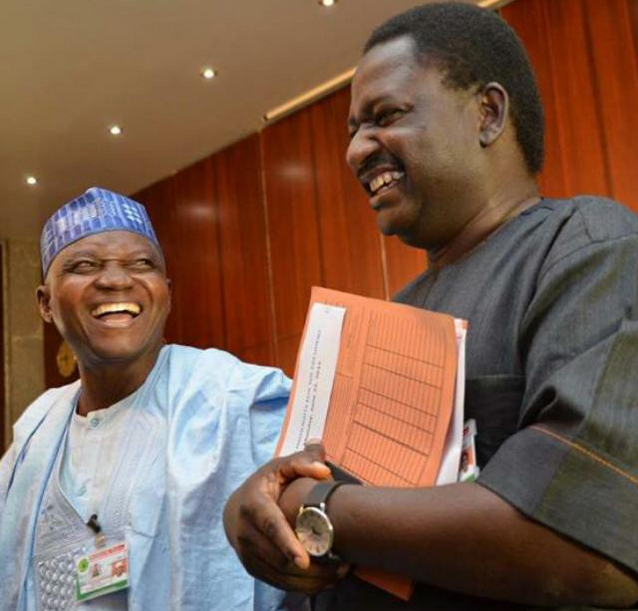


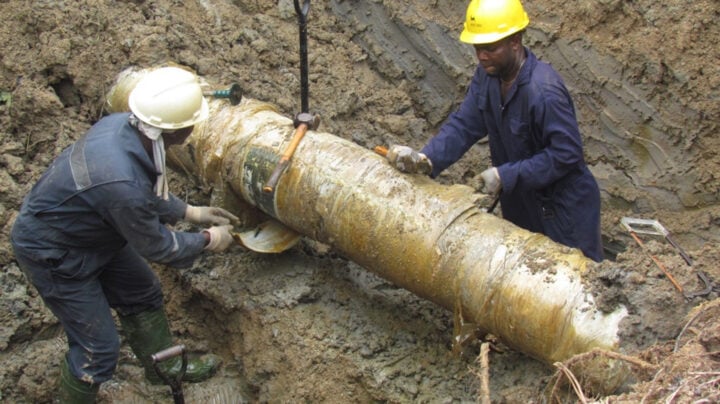

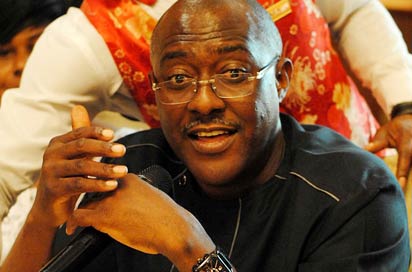
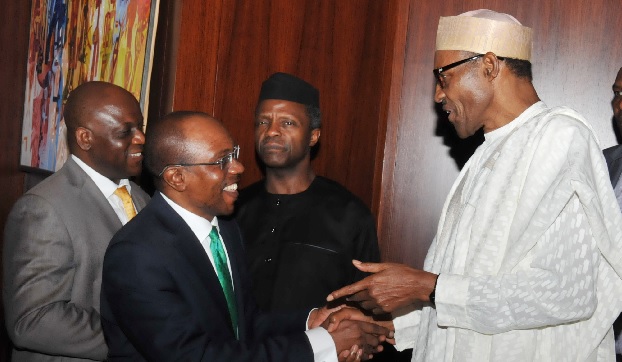

The failure to appoint ministers is the biggest disappointment of Buhari’s 30 days in office.How do you run a government with civil servants who are the ones that corrupt the system of governance in Nigeria and mostly incompetent. The Nigerian public service is the one holding back the progress of the country and Buhari is relying on that same public service to run the government without ministers. So far, all the excuses given for not appointing ministers are not valid. In about 3 weeks Buhari will sit across the table with Obama in USA and will be surrounded by incompetent civil servants instead of qualified and experienced Nigerians.
Even the board of federal parastatals constituted by former PDP government are yet to be reconstituted. I understand there are a whopping 700 of them!